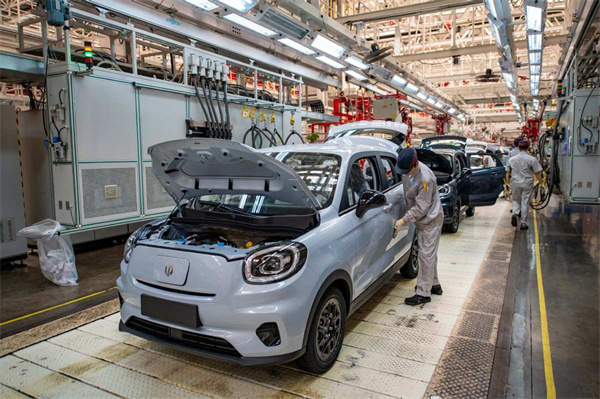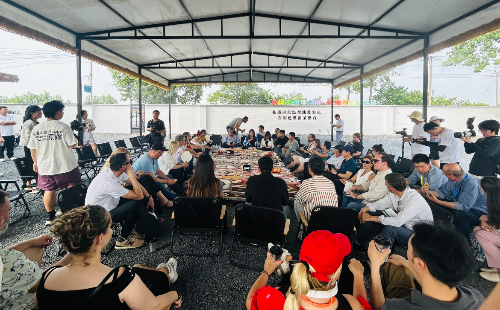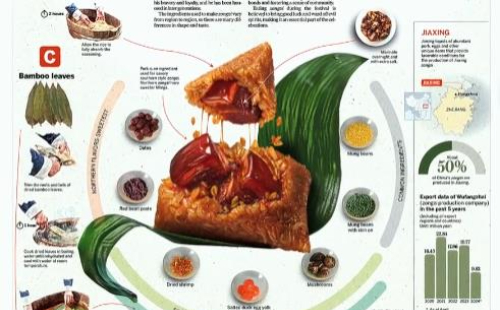Stellantis to pick up stake in Leapmotor

A view of the assembly line of Leapmotor in Jinhua, Zhejiang province. HU XIAOFEI/FOR CHINA DAILY
Stellantis, which owns brands including Maserati, said it will invest around 1.5 billion euros ($1.58 billion) for a 20 percent stake in Chinese startup Leapmotor to sharpen its competitive edge in the new energy vehicle or NEV sector.
The two companies said on Thursday that they also plan to build a joint venture to make and sell Leapmotor vehicles outside China. The partnership is scheduled to start shipments in the second half of 2024.
The deal, if completed, will be the first between a major foreign automaker and a Chinese startup on EV cooperation in the global market.
Roy Lu, an auto analyst in Shanghai, said the deal, considering the scope of business, can mark a new chapter in the history of cooperation between Chinese and international carmakers.
Stellantis, the world's No 4 automaker by sales, said it intends to leverage Leapmotor's innovative, cost-efficient EV ecosystem in China to help meet its electrification targets.
The group is setting the course for 100 percent of sales in Europe and 50 percent of sales in the United States to be EVs by the end of this decade. It is to offer more than 75 EV models and reach global annual EV sales of 5 million units by 2030.
"We feel it's the perfect time to take a leading role in supporting the global expansion plans of Leapmotor, one of the most impressive new EV players that has a tech-first, entrepreneurial mindset similar to ours," said Stellantis CEO Carlos Tavares.
"Through this strategic investment, we can address a white space in our business model and benefit from Leapmotor's competitiveness both in China and abroad."
Tavares added that Stellantis is not successful in China so it looks to work with one that is popular to improve its own image in the country. It used to produce Jeep-branded vehicles with GAC and is producing Peugeot and Citroen models with Dongfeng.
Leapmotor founder and CEO Zhu Jiangming said, "We believe in win-win partnerships formed by strong players in the fast-evolving environment."
The startup delivered around 111,000 vehicles in 2022, putting it into the top league among China's NEV makers. In the next three years, it plans to have products in all segments, with both EV and range-extender powertrains.
Speaking of the European Union's ongoing anti-subsidy probe into China-made EVs, Tavares said Stellantis is not part of the initiative and did not demand it, adding that the group prefers competition that would benefit consumers.
The proposed Stellantis-Leapmotor tie-up would follow Volkswagen's association with Xpeng in July. The German car group said it would invest about $700 million to acquire a 4.99 percent stake in Xpeng, and the two would roll out two mid-sized NEV models in 2026.
The models, which will be available exclusively in China, will bear the Volkswagen marque but feature Xpeng's expertise in software and autonomous driving.
In an interview earlier this week, He Xiaopeng, CEO of Xpeng, said the project is progressing smoothly, saying the two sides now have a meeting every two weeks.





 play
play